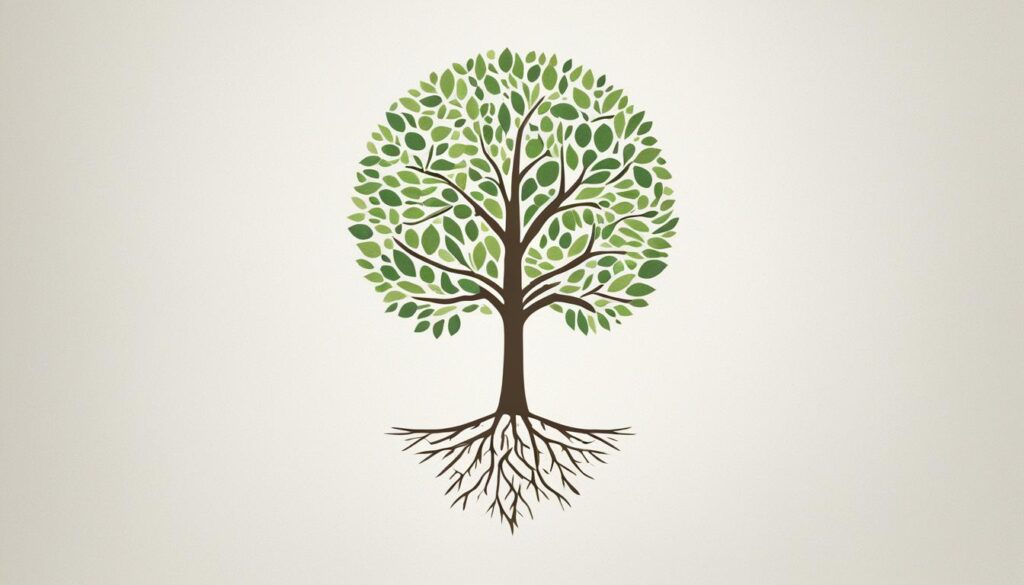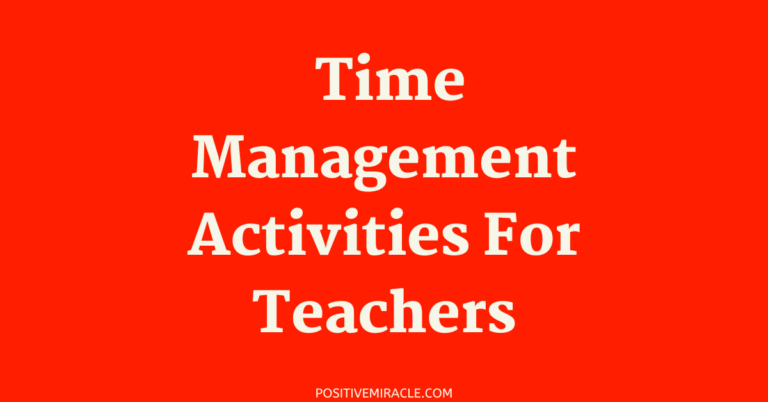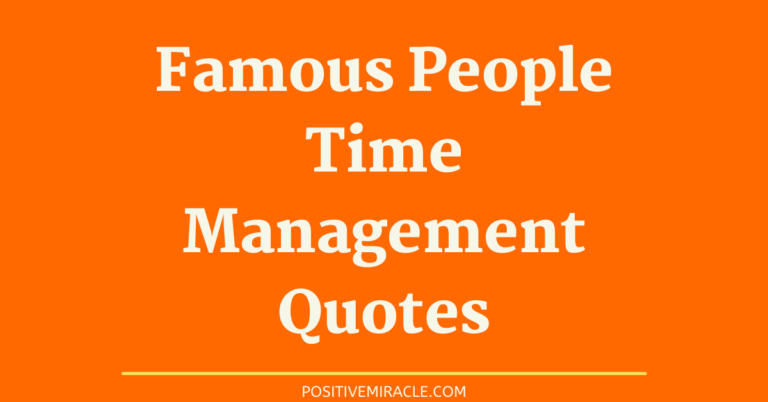Unlock Success: Top Best Time Management Books

“Time is the most valuable coin in your life. You and you alone will determine how that coin will be spent. Be careful that you do not let other people spend it for you.”
– Carl Sandburg
Welcome to our journey into the world of time management books, where you will discover the power to unlock your success. In today’s fast-paced and demanding world, effective time management is the key to achieving your goals and maximizing your productivity. Whether you are a busy professional, an aspiring entrepreneur, or someone looking to optimize their daily routines, these best time management books will provide you with valuable insights, practical tips, and proven strategies to make the most of your precious time.
From learning how to focus amidst distractions to understanding the art of prioritization, these books offer a wealth of knowledge that can transform the way you manage your time. Let’s dive into the top best time management books that have garnered acclaim and shaped the lives of countless individuals seeking to thrive in a world full of endless demands and distractions.
Key Takeaways:
- Time is a valuable resource that must be consciously managed.
- Effective time management is crucial for success in today’s fast-paced world.
- These books offer valuable insights, practical tips, and proven strategies for optimizing your time.
- Learn how to stay focused, prioritize effectively, and make the most of your precious time.
- Implementing the principles from these books can transform the way you work and live.
“Deep Work: Rules for Focused Success in a Distracted World” by Cal Newport
In today’s fast-paced and distracted world, finding the focus and concentration necessary for success can be challenging. Cal Newport’s book, “Deep Work: Rules for Focused Success in a Distracted World,” tackles this issue head-on by introducing the concept of deep work and providing practical strategies to overcome the constant distractions that surround us.
Deep work refers to the ability to concentrate without being interrupted by emails, notifications, or other distractions. Newport argues that deep work is essential for achieving meaningful results and experiencing true success in our personal and professional lives.
To foster deep work, Newport emphasizes the importance of time management techniques and creating a distraction-free environment. This includes setting clear boundaries, scheduling focused work sessions, and implementing productivity tips to optimize your workflow.
By organizing your time effectively and managing distractions, you can enhance your productivity and accomplish more in less time. Newport’s book offers insights into different techniques that can help you achieve deep work and unlock your potential for focused success.
The Negative Impact of Constant Distractions
In “Deep Work,” Newport sheds light on how constant distractions negatively impact our ability to perform at our best. The book highlights how technological advancements and the constant connectivity of the modern world have created a culture of constant distraction, making it challenging to focus on important tasks and achieve deep work.
Newport explains that the constant state of distraction causes a shallow level of work, reducing our ability to solve complex problems, generate creative ideas, and produce high-quality work. By succumbing to constant distractions, we hinder our growth and limit our potential for success.
Strategies for Fostering Deep Work
To combat the distractions and foster deep work, Newport provides a range of strategies and techniques. Some of these include:
- Creating a distraction-free workspace
- Implementing time blocking to schedule focused work sessions
- Setting clear boundaries and managing interruptions
- Practicing mindfulness and staying present in the moment
- Developing willpower and eliminating unnecessary temptations
By incorporating these strategies into your daily routine, you can cultivate deep work habits and increase your ability to focus for extended periods of time. The book offers practical examples and actionable advice to help you implement these strategies effectively.
Unlocking Focused Success
By following Newport’s guidance in “Deep Work,” you can unlock a new level of focused success. The strategies and insights provided in the book will enable you to find pleasure and fulfillment in your work by allowing you to immerse yourself in deep, meaningful tasks.
Implementing deep work techniques will not only improve your productivity but also enhance the quality of your work. By eliminating distractions and dedicating uninterrupted time to important tasks, you can accomplish more and achieve a higher level of success.

| Benefits of “Deep Work” by Cal Newport | Time Management Techniques | Productivity Tips |
|---|---|---|
| Increased focus and concentration | Effective scheduling of focused work sessions | Elimination of distractions |
| Improved productivity and efficiency | Setting clear boundaries and managing interruptions | Practicing mindfulness and staying present |
| Enhanced creativity and problem-solving abilities | Developing willpower and eliminating unnecessary temptations |
“Essentialism: The Disciplined Pursuit of Less” by Greg McKeown
Greg McKeown’s “Essentialism” is a transformative book that advocates for the power of prioritization and disciplined pursuit. In a world filled with endless options and distractions, McKeown argues that trying to do it all is a recipe for failure. Instead, he encourages readers to identify what is truly essential and eliminate everything that is not. By doing so, you can streamline your life, focus on what truly matters, and achieve remarkable results.
Essentialism is not about doing more, but about doing less with greater intent and purpose. Through concise storytelling and actionable insights, McKeown guides readers on how to make deliberate choices and invest their time and energy into the activities that align with their values and goals. By embracing essentialism and letting go of non-essential commitments, you can create space for the things that bring you joy, fulfillment, and ultimately, success.
The Benefits of Essentialism
Adopting essentialism as a lifestyle has numerous benefits that extend beyond time management. Here are some key advantages:
- Increased Focus: By focusing on the few essential activities, you can direct your attention and energy towards achieving your most important goals.
- Improved Productivity: With a clear understanding of your priorities, you can eliminate distractions and dedicate your time to meaningful work, resulting in increased productivity.
- Enhanced Decision-Making: Essentialism facilitates better decision-making by providing a framework to evaluate the importance and impact of choices, allowing you to make informed decisions that align with your values.
- Reduced Stress: Letting go of non-essential tasks and commitments relieves the burden of overwhelm and helps create a more balanced and fulfilling life.

By implementing the principles of essentialism, you can experience a profound shift in your life and work. The disciplined pursuit of less allows for greater focus, productivity, and alignment with what truly matters. Are you ready to embark on the journey of essentialism?
| Essentialism: The Disciplined Pursuit of Less – Key Takeaways |
|---|
| 1. Prioritize: Identify what is truly essential and eliminate activities that do not align with your goals. |
| 2. Focus: Direct your attention and energy towards the few activities that will lead to significant outcomes. |
| 3. Set Boundaries: Learn to say no to non-essential commitments to create space and time for what truly matters. |
| 4. Embrace Constraints: Recognize that limitations can fuel creativity and innovation. Use constraints to your advantage. |
| 5. Be Present: Practice mindfulness and be fully present in each moment to enhance your overall well-being. |
Embracing essentialism is a powerful step towards unlocking your full potential and achieving a more meaningful and fulfilling life. Through the disciplined pursuit of less, you can create space for what truly matters and experience the transformative effects of focused and intentional living. So, start prioritizing, eliminate the non-essential, and make room for a more purposeful existence.
“The 7 Habits of Highly Effective People” by Stephen Covey
When it comes to personal growth, productivity, and time management, Stephen Covey’s “The 7 Habits of Highly Effective People” is a timeless classic that offers valuable insights and strategies. This book explores seven habits that can transform your life and increase your productivity, empowering you to achieve remarkable results.
The first three habits focus on personal effectiveness and self-mastery. They are:
- Be Proactive: Take responsibility for your life and actions, and actively seek solutions rather than waiting for circumstances to change.
- Begin with the End in Mind: Clarify your purpose and vision, and set clear goals that align with your values and aspirations.
- Put First Things First: Prioritize tasks and activities based on their importance, and manage your time effectively to achieve your goals.
The next three habits focus on interpersonal relationships and effective collaboration. They are:
- Think Win-Win: Seek mutually beneficial outcomes in your interactions, fostering cooperation and building trust.
- Seek First to Understand, Then to be Understood: Listen actively and empathetically, seeking to understand others before expressing your own thoughts and opinions.
- Synergize: Embrace diversity and leverage the strengths of individuals to create innovative solutions and achieve collective success.
The final habit, Sharpen the Saw, emphasizes the importance of continuous learning and self-renewal. By taking care of your physical, mental, and emotional well-being, you can sustain your effectiveness and achieve long-term success.

“The 7 Habits of Highly Effective People” offers practical guidance on how to integrate these habits into your daily life, helping you become a more proactive, goal-oriented, and effective individual. By adopting these habits, you can move from dependence to independence and eventually interdependence, leading to significant improvements in both your personal and professional life.
Conclusion
Productivity books have the power to revolutionize the way you work, think, and live. By choosing the right time management books, such as “Getting Things Done” by David Allen and “Atomic Habits” by James Clear, you can gain valuable insights and strategies to enhance your productivity.
It’s important to take action, hold yourself accountable, and track your progress to maximize the benefits of these books. By unlocking your full potential, you can achieve remarkable results and lead a more productive and fulfilling life.
Don’t wait any longer to start on your journey towards enhanced productivity. Dive into these productivity books and discover the techniques that will help you optimize your time, manage your tasks, and achieve extraordinary success.






